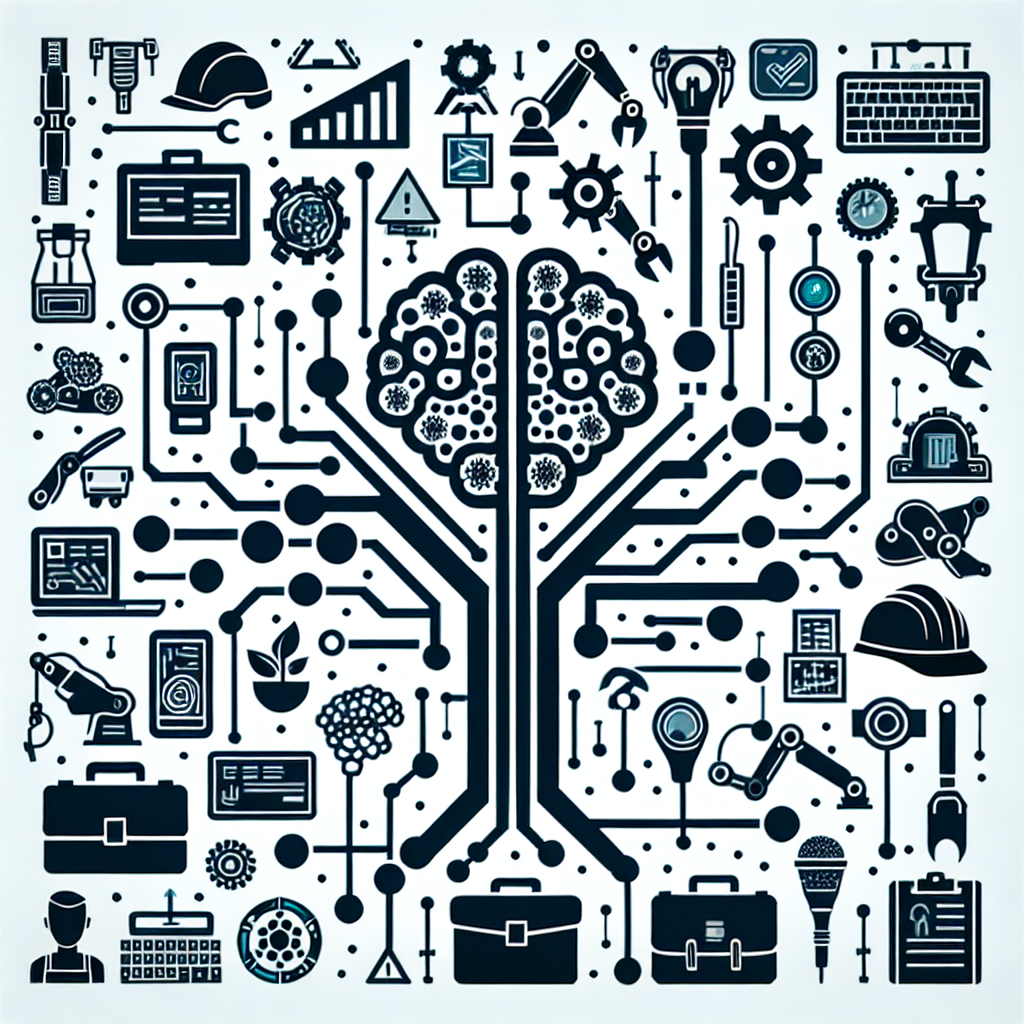Artificial General Intelligence (AGI) is a term that refers to a type of artificial intelligence that possesses the ability to understand, learn, and apply knowledge in a manner similar to human intelligence. While current AI systems are limited to specific tasks and functions, AGI has the potential to outperform humans in a wide range of cognitive tasks.
The development of AGI has the potential to revolutionize the future of work in ways that we have never seen before. As AGI becomes more advanced and widespread, many jobs will be impacted in various industries. In this article, we will explore the potential impact of AGI on the future of work and discuss which jobs are likely to be most affected.
Jobs Impacted by AGI
1. Administrative and Clerical Work:
One of the first areas that will be impacted by AGI is administrative and clerical work. AGI systems have the ability to automate routine tasks such as data entry, scheduling, and basic customer service. This means that jobs such as administrative assistant, data entry clerk, and customer service representative may be at risk of being replaced by AGI systems.
2. Manufacturing and Production:
AGI has the potential to revolutionize the manufacturing and production industry by automating tasks that were previously performed by humans. Jobs such as assembly line worker, quality control inspector, and machine operator may be at risk of being replaced by AGI systems that can perform these tasks more efficiently and accurately.
3. Transportation and Logistics:
The transportation and logistics industry is another sector that is likely to be impacted by AGI. AGI systems have the potential to automate tasks such as route planning, scheduling, and monitoring vehicle performance. Jobs such as truck driver, delivery driver, and dispatcher may be at risk of being replaced by AGI systems that can perform these tasks more efficiently.
4. Healthcare:
AGI has the potential to revolutionize the healthcare industry by automating tasks such as medical diagnosis, treatment planning, and patient monitoring. Jobs such as radiologist, pathologist, and medical technician may be at risk of being replaced by AGI systems that can perform these tasks more accurately and efficiently.
5. Financial Services:
The financial services industry is another sector that is likely to be impacted by AGI. AGI systems have the potential to automate tasks such as risk assessment, investment analysis, and fraud detection. Jobs such as financial analyst, investment banker, and accountant may be at risk of being replaced by AGI systems that can perform these tasks more efficiently.
FAQs about AGI and the Future of Work
Q: Will AGI completely replace humans in the workforce?
A: While AGI has the potential to automate many tasks currently performed by humans, it is unlikely that AGI will completely replace humans in the workforce. Instead, AGI is more likely to augment human capabilities and allow workers to focus on more complex and creative tasks.
Q: What skills will be most in demand in a world with AGI?
A: In a world with AGI, skills such as critical thinking, creativity, problem-solving, and emotional intelligence will be in high demand. These are skills that are difficult for AGI systems to replicate, making them valuable assets for human workers.
Q: Will AGI lead to job loss or job creation?
A: While AGI has the potential to automate many tasks currently performed by humans, it also has the potential to create new jobs in industries that have yet to be fully explored. However, the impact of AGI on the job market will depend on how quickly and effectively workers can adapt to the changing landscape.
Q: How can workers prepare for the future of work with AGI?
A: Workers can prepare for the future of work with AGI by developing skills that are difficult for AGI systems to replicate, such as critical thinking, creativity, and emotional intelligence. Additionally, workers can stay informed about the latest developments in AGI and seek out opportunities for training and upskilling in relevant areas.
In conclusion, AGI has the potential to revolutionize the future of work in ways that we have never seen before. While many jobs are likely to be impacted by AGI, it is important for workers to adapt to the changing landscape and develop skills that are difficult for AGI systems to replicate. By preparing for the future of work with AGI, workers can position themselves for success in a rapidly changing job market.

